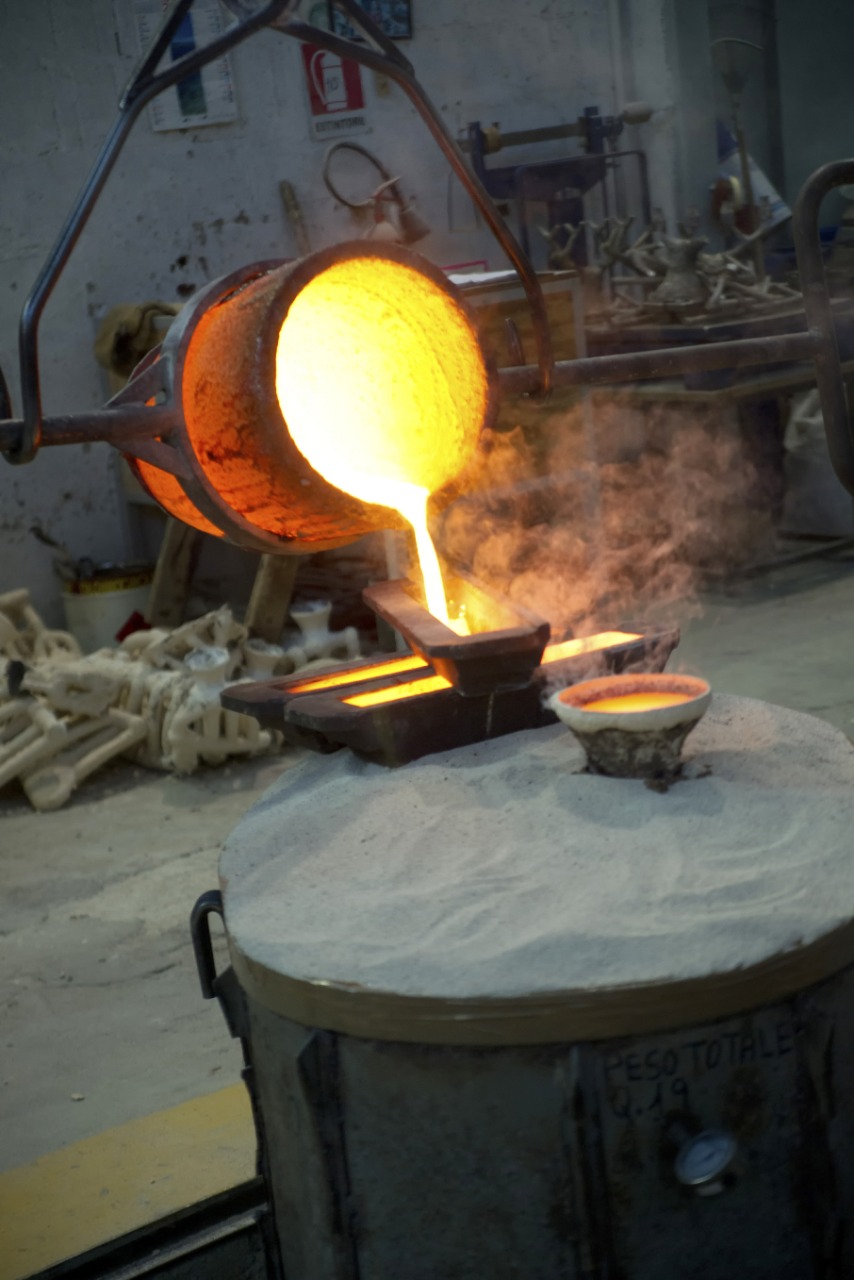ISLAMABAD: Extraction and processing of ruthenium by using local sources can fatten the state wallets of Pakistan. The landmarks of Gilgit-Baltistan (GB) province hide a wealth of this metal as a part of the Platinoid Group of Elements (PGEs), reports WealthPK.
The per kilogram price of ruthenium was recorded as €18,600 at the end of September 2022. In terms of value, the global market of this rare earth metal is projected to grow worth US$304.1 million at the Compound Annual Growth Rate (CAGR) of 5.50% from 2020 to 2028.
Talking to WealthPK about the occurrence and economic importance of ruthenium in Pakistan, Principal Geologist in the Islamabad-based Global Mining Company and former general manager geology at the Pakistan Mineral Development Corporation (PMDC) Muhammad Yaqub Shah said, “Ruthenium is important as a trade commodity and as an industrial mineral. It belongs to the Platinum Group of Minerals (PGEs). In areas where ultramafic rocks or sulfide bodies are found, presence of PGEs is a must. Gilgit-Baltistan is rich in this concern where a considerable quantity of PGEs is found in different ratios at different landmarks. Ruthenium can also be found in the black sands of Balochistan and other placer deposits in Pakistan.”
Yaqub said ruthenium was also a trace element/accessory mineral that could be found with other metallic minerals i.e., copper, nickel, chromite, etc. They are mined in many areas of Pakistan. Mostly they are exported for sale or to get the principal element for which they are mined. But it’s a pity that there is no law to enforce the certification of each and every trace element/concentrate found with them. It must be checked. Otherwise, a good quantity of PGEs will continue to be exported without giving any economic benefit to the country.
Ruthenium is a rare, silvery-white, lustrous, scratch-resistant, and extremely hard metal with a shiny surface. It is a transitional metal that doesn’t tarnish at the room temperature but oxidizes explosively. It is present in a higher concentration in the human body and has no known biological function.
Ruthenium is widely used in many industries, i.e., its compounds are used to color glass and ceramics, as a catalyst to produce ammonia and acetic production, and to craft Jewellery, instrument pivots, pen nibs, water treatment, medical purposes, etc. Ruthenium oxide is used for anode coating of electrochemical cells to produce chlorine. It is also used as an alloy with other metals, i.e., only 0.1% ruthenium makes titanium hundred times more resistant to corrosion.
Lack of indigenous processing and extraction deprives Pakistan of handsome earnings from the minerals found in its lands. This factor must be considered seriously for the prosperity and socio-economic benefits of Pakistan and its people.






